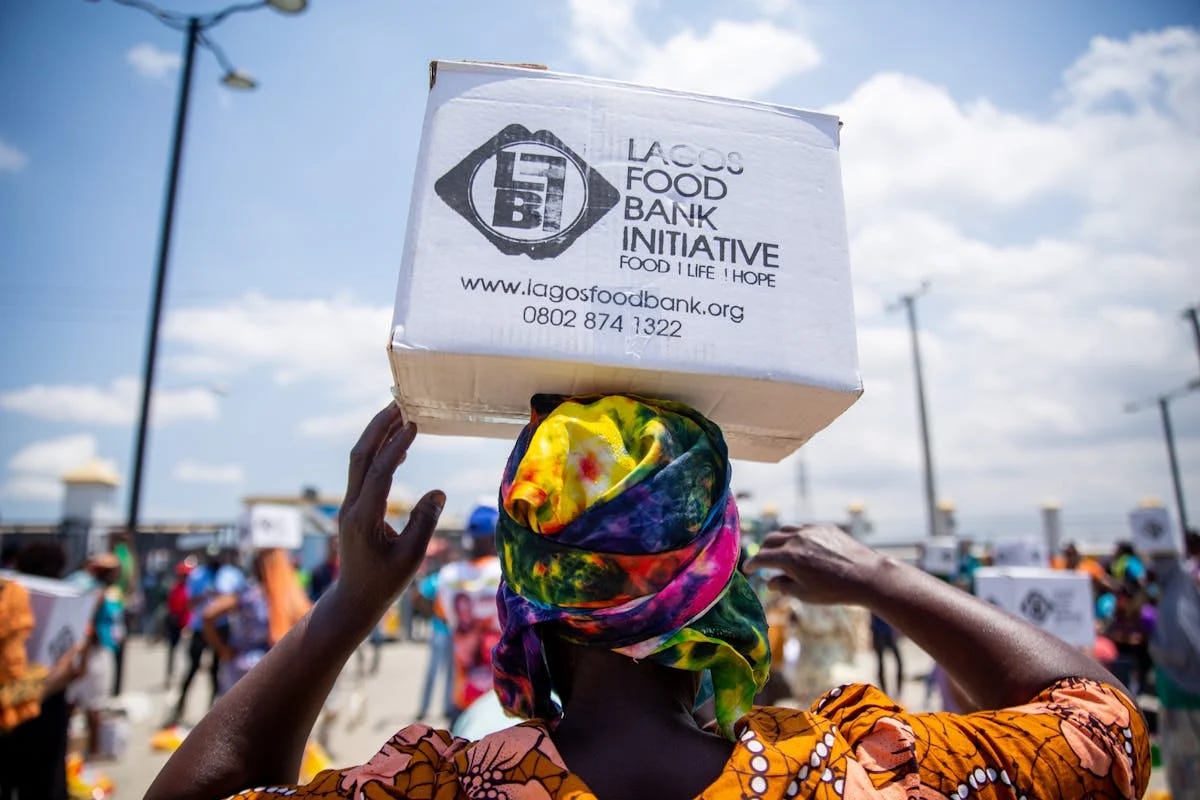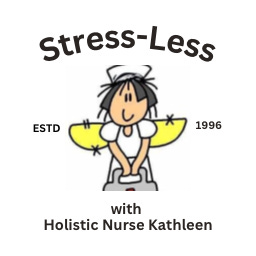Inflation to Famine: An Urgent Guide to Safeguarding Your Food Supply Today ‼️
Are You Prepared?
If there’s only ONE thing you need to remember is that by preparing and securing your food supply today means “less stress” and better health for tomorrow and in the future.
Food scarcity is a pressing issue that affects individuals and communities globally. Its consequences can be severe, both physically and emotionally.
When access to food is limited or uncertain, it can not only lead to STRESS but to:
• Anxiety and fear - as the uncertainty of the next meal takes a mental toll.
• Mental fog and fatigue - draining focus and resilience.
• Malnutrition and weakened immunity - leaving the body vulnerable and fragile.
• Strained relationships - as scarcity breeds tension and conflict.
• Hindered growth - especially in children, robbing them of a healthy future.
Image by Pexels.com
First Let’s Look At Our Households
• Assess Household Income and Expenses: Evaluate your family's finances to determine how much of your budget can be allocated to food purchases each week.
• Identify Vulnerable Family Members: Consider the specific needs of children, the elderly, or individuals with health conditions that may require specialized foods, beverages and supplementation.
• Research Local Food Supply Chain: Evaluate the availability of grocery stores, farmers' markets, and food banks in your area.
• Analyze Food Costs: Track changes in food prices over time to identify trends and potential affordability issues. Also look at price per ounce rather than the total price as this can save a lot of money.
• Assess Transportation Needs: Determine if transportation is an issue to getting to food stores, food banks or other resources.
• Examine Food Waste: Assess the amount of food that is wasted by spoilage or being thrown away in your household and identify strategies to reduce waste.
• Identify Potential Disruptions: Consider factors that could interrupt your access to food, such as natural disasters, supply chain disruptions, or economic downturns.
• Assess Food Safety Knowledge: Evaluate your understanding of food safety practices, including proper storage, preparation, and handling.
• Evaluate Community Resources: Explore available community resources, such as food assistance programs, nutrition education, and gardening workshops.
Image by Pixabay.com
Here Are Some Solutions You Can Start Applying NOW!
• Build a Robust Pantry: Stock up on non-perishable food items, such as grains, canned goods, and protein sources. Consider buying in bulk when possible to save money and reduce the frequency of shopping trips.
• Prioritize Food Safety: Follow expiration dates and proper storage guidelines to ensure the quality and safety of your food. And most importantly, please rotate your pantry items to prevent spoilage.
• Learn Preservation Techniques: Explore methods like canning, freezing, and dehydrating to extend the shelf life of perishable foods.
• Grow Your Own Food: If possible, start a garden or container gardening to supplement your food supply. Even a small garden can produce a variety of fresh produce. You can grow in ANY space. Also consider growing highly nutrient dense food indoors. I do a lot of sprouting and it is SO EASY 😉
• Seek Alternative Sources: Explore local food banks, farmers' markets, and food co-ops for affordable and nutritious options.
• Plan Ahead: Create meal plans to minimize food waste and ensure you are making the most of your pantry supplies.
• Support Local Food Systems: Patronize local farmers and businesses to strengthen your community's food economy and reduce reliance on long-distance transportation.
• Stay Informed: Keep up-to-date on food safety guidelines, local food shortages, and government assistance programs.
• Share Your Knowledge: Educate others about food security and encourage them to take proactive steps to prepare for upcoming challenges.

The Benefits of Preparedness
By applying these strategies, individuals, families, and communities can significantly reduce stress and anxiety related to food security.
A well-stocked pantry and a plan for accessing nutritious food can provide peace of mind and alleviate the constant worry of where the next meal will come from.
Building a more resilient food system through local production and community support can strengthen social connections and foster a sense of collective well-being.
Stress-Less by being proactive, not reactive.
By implementing the suggestions TODAY, you can not only survive, but THRIVE - tomorrow and in the future.





